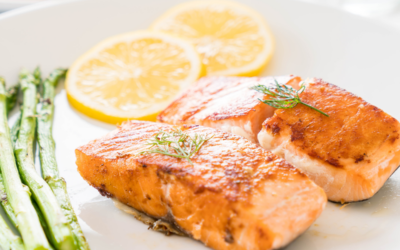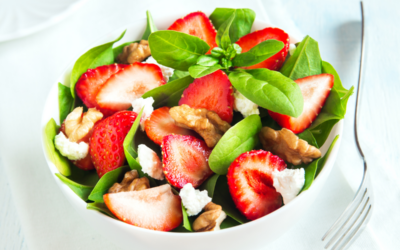Proteins are essential macronutrients
What are the Best Vegan Proteins to Take?
1. Tofu
It is a plant-based protein made from condensed soy milk. Soy milk is obtained from the main ingredient, soybeans, and is then solidified by Nigari, a natural product produced by seawater evaporation. The end products are tofu blocks
It stands out as one of the
2. Almonds
Almond seeds
Other protein-rich nuts include cashew nuts, peanuts, and walnuts.
3. Quinoa
Quinoa is one of the few plant-based foods that provides nine essential amino acids. Essential amino acids can only be supplied
Quinoa offers
1. It is gluten-free and so can be consumed by individuals who
2. It contains an adequate amount of fiber which helps with digestion
3. It has no cholesterol in it, and this
4. Its antioxidant properties help remove free radicals from the
5. It also contains adequate micronutrients and vitamins needed by the body. Examples include calcium, magnesium, phosphate, and many others.
4. Lentils
Lentils are
5. Oats
Oats contain high-quality protein of about 15%. It is easy to prepare and can be consumed in different ways; smoothies, pancakes, cookies, soaked overnight, or simply
Why Do You Need Protein as a Vegetarian?
Why are
1. Builds muscle mass: Proteins are broken down into amino acids and laid down into muscle fibers to increase muscle bulk. After a workout session, microtears and inflammation develop, and the liver releases amino acids that get deposited into the muscle fibers, increasing muscle bulk.
2. Boosts Immunity: Antibodies and cytokines are integral components of the immune system, and they
3. Hormones: messenger proteins act as chemical messengers
4. Enzymes:
5. Stronger bones:
6.
What to Pay Attention to When Choosing Vegan Proteins
1. Quality
2. Protein calorie ratio:
3. Source:
4. Digestibility:
Conclusion
Most people think most vegetarians lack proteins majorly because getting proteins from plants can be challenging. But this is, in fact, false because vegan food contains healthy, high-quality protein.















